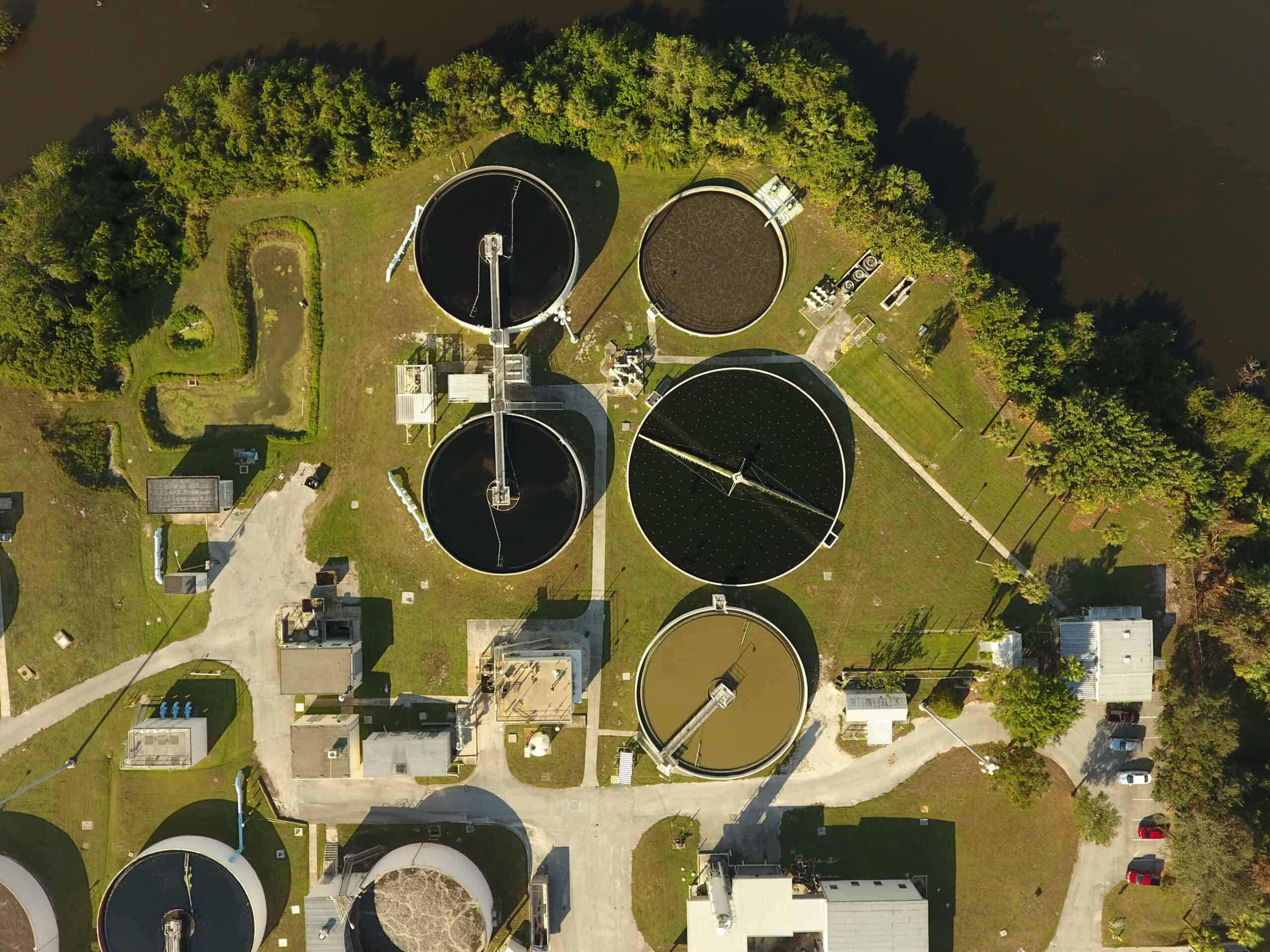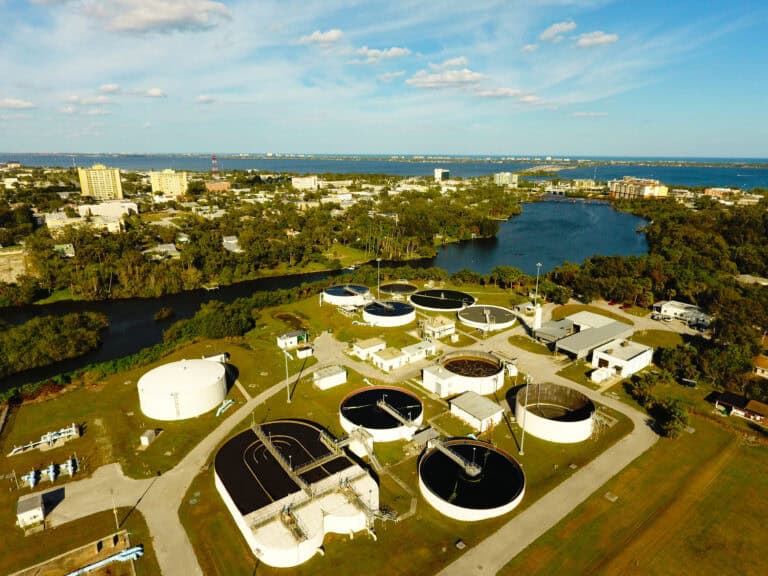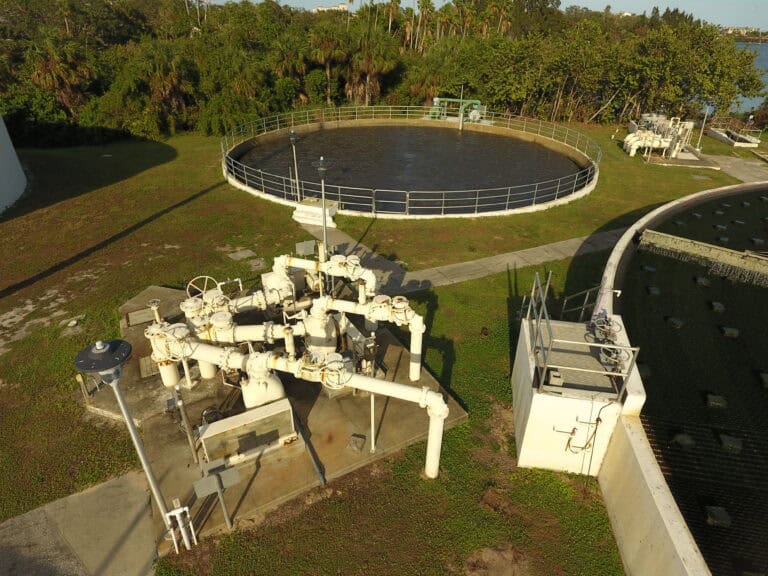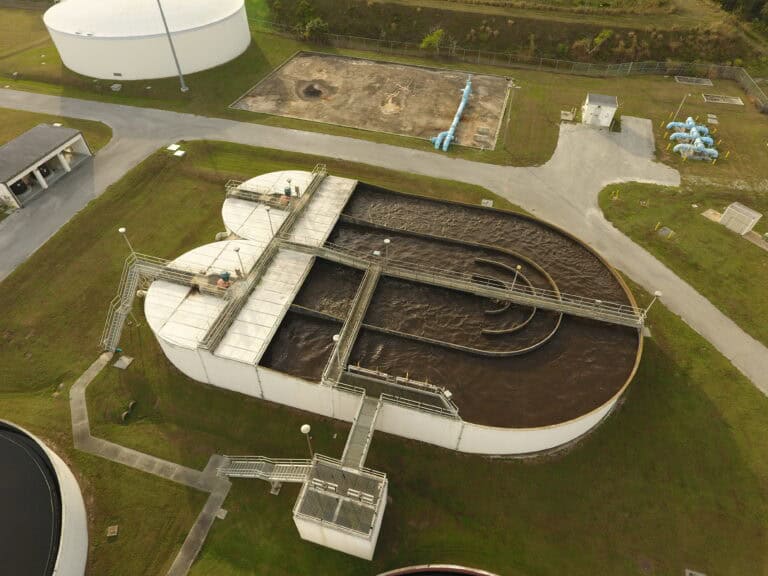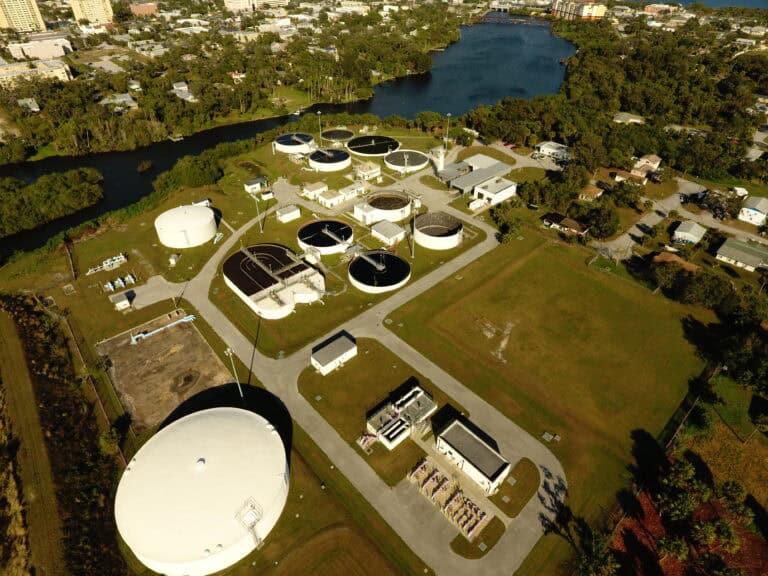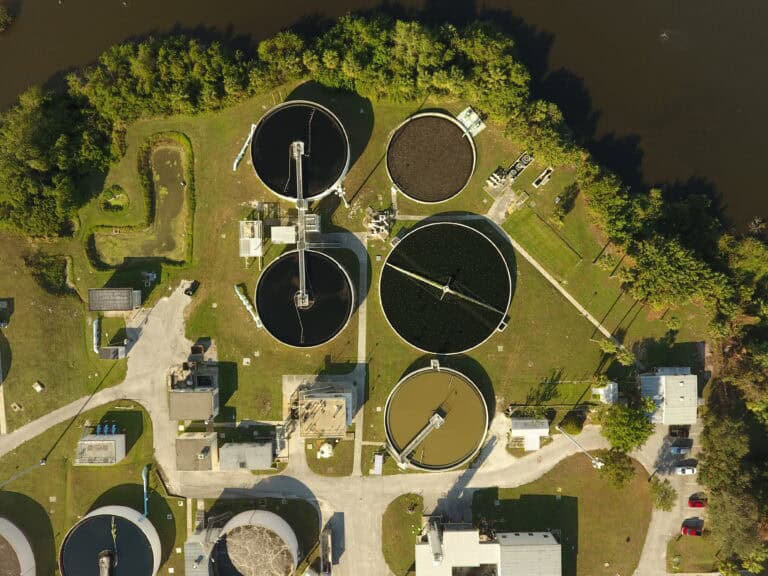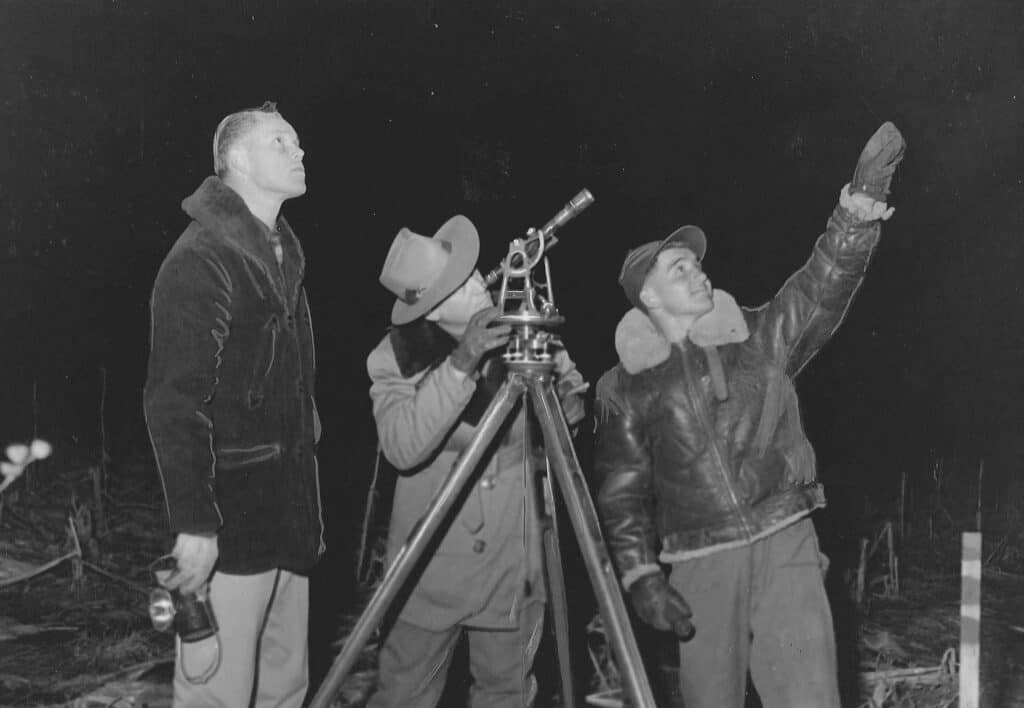Challenge
The DB Lee and Grant Street Water Reclamation Facilities (WRFs) in the City of Melbourne faced deteriorating biosolids infrastructure. After more than 30 years of usage, a large portion of the equipment had reached the end of its usable life. The existing systems no longer provided the level of reliability, efficiency, or operational flexibility required to meet future regulatory requirements and to support the City’s projected growth.
To meet Florida Department of Environmental Protection (FDEP) regulatory standards and preserve service continuity, the City required a thorough plan for the rehabilitation and modernization of its biosolids facilities.
Solution
For both facilities, HR Green conducted a thorough biosolids review, evaluating the capacity, operational state, and long-term cost-effectiveness of different biosolid disposal solutions. The design was based on the evaluation’s conclusion that aerobic digestion was the best stabilization technique. Our team’s design included a wide range of technical improvements:
- Sludge Thickening and Dewatering: New centrifuge dewatering systems were designed to replace outdated equipment, paired with polymer feed system upgrades to optimize solids capture and reduce chemical costs. Screw conveyors were incorporated for efficient transfer of dewatered biosolids.
- Aerobic Digestion: Conversion of existing sludge holding tanks into aerobic digesters, combined with the addition of new digesters at DB Lee, provided enhanced stabilization capacity. High-efficiency blower systems were designed to deliver reliable aeration while minimizing energy consumption.
- Pumping and Piping Systems: Rehabilitated dewatering feed pump stations and new digester transfer pump stations were designed to improve sludge handling.
- Electrical and SCADA: Electrical upgrades and integration of modern Supervisory Control and Data Acquisition (SCADA) controls improved automation, monitoring, and operator oversight of the biosolids processes.
- Site and Civil Work: Site regrading, stormwater improvements, and enhanced truck access were designed to support the new equipment installations and improve long-term site operations.
- Permitting and Funding: HR Green prepared a Preliminary Engineering Report, secured required FDEP domestic wastewater facility permits, and assisted the City in leveraging the State Revolving Fund (SRF) Loan Program to finance construction.
Benefit
With the upgrades at the DB Lee and Grant Street WRFs, the City of Melbourne now has a dependable biosolids management system that can handle the operating needs of the present, while positioning the City for future expansion. By managing biosolids more effectively, the improved stabilization and dewatering systems lower operational risks and save money.
For the public, these improvements provide adherence to environmental laws, safeguard water quality, and encourage the sustainable repurposing of biosolids.
